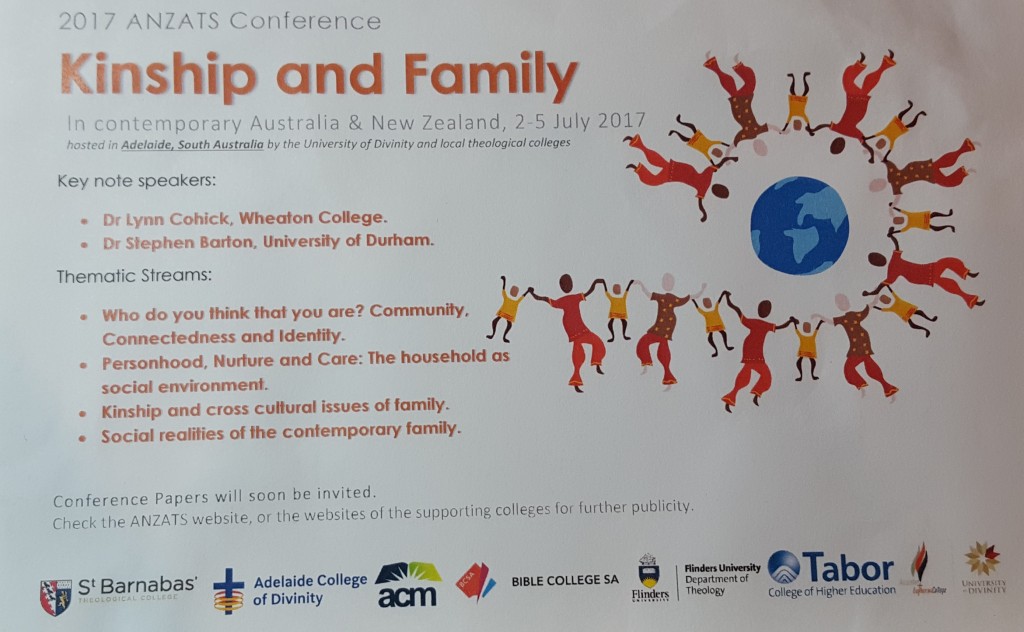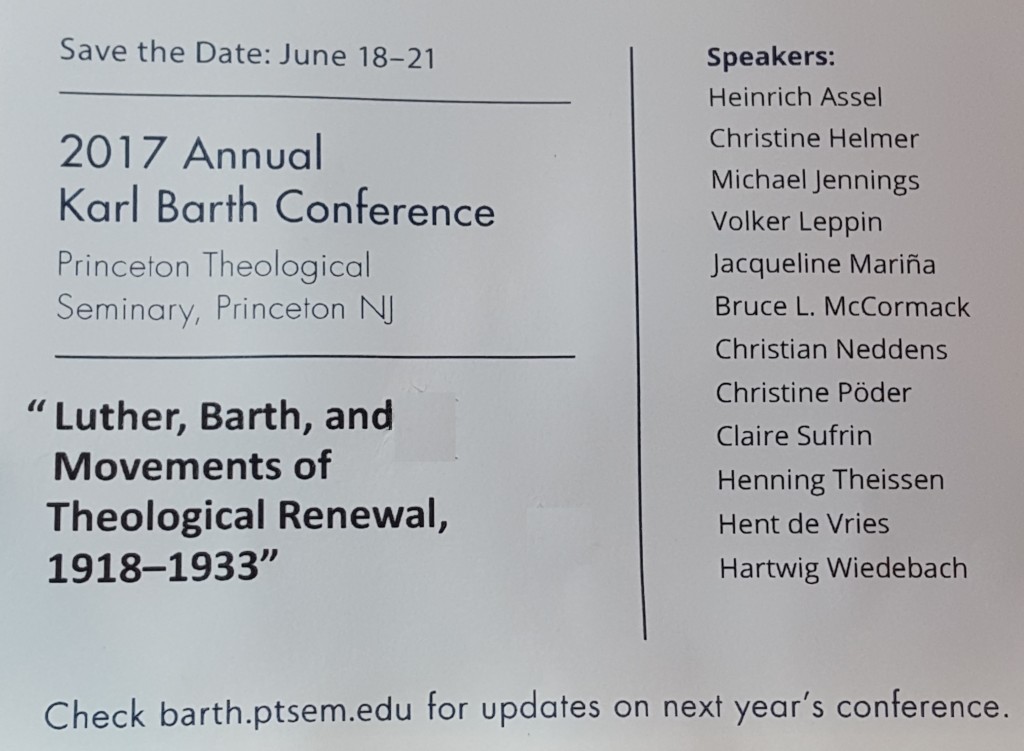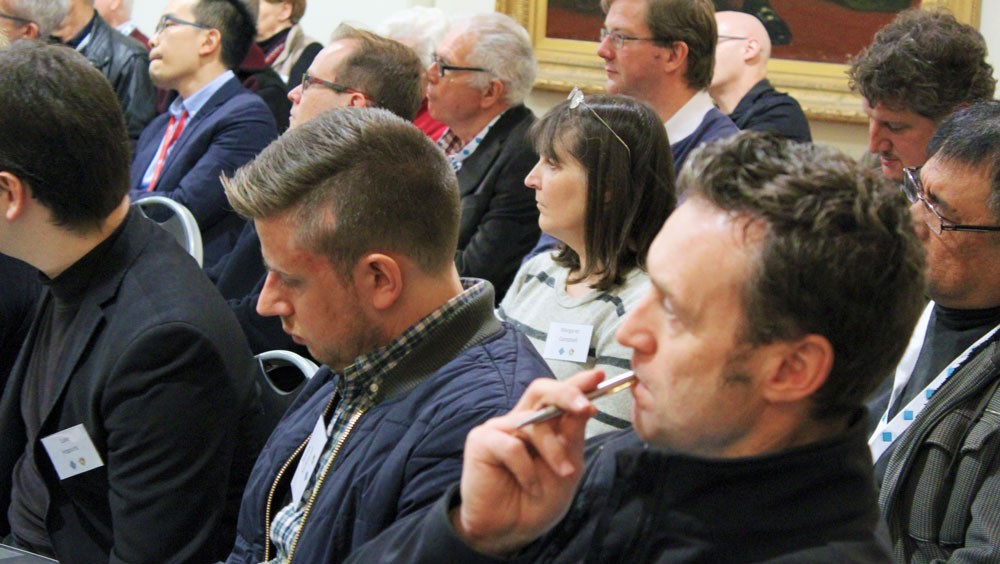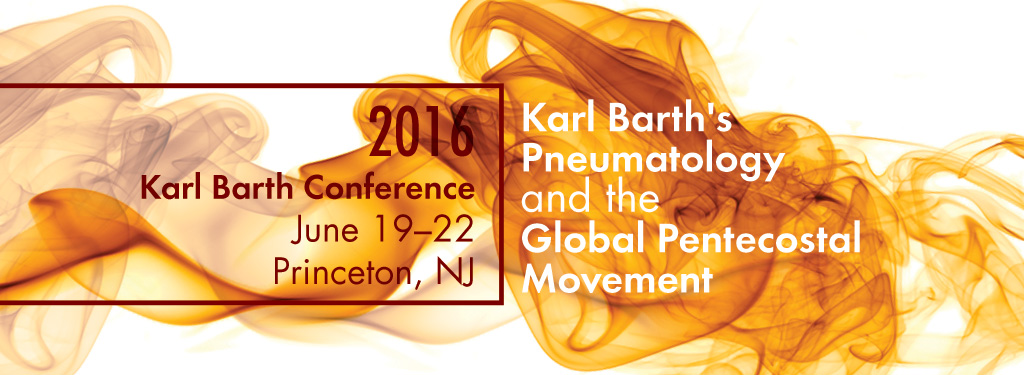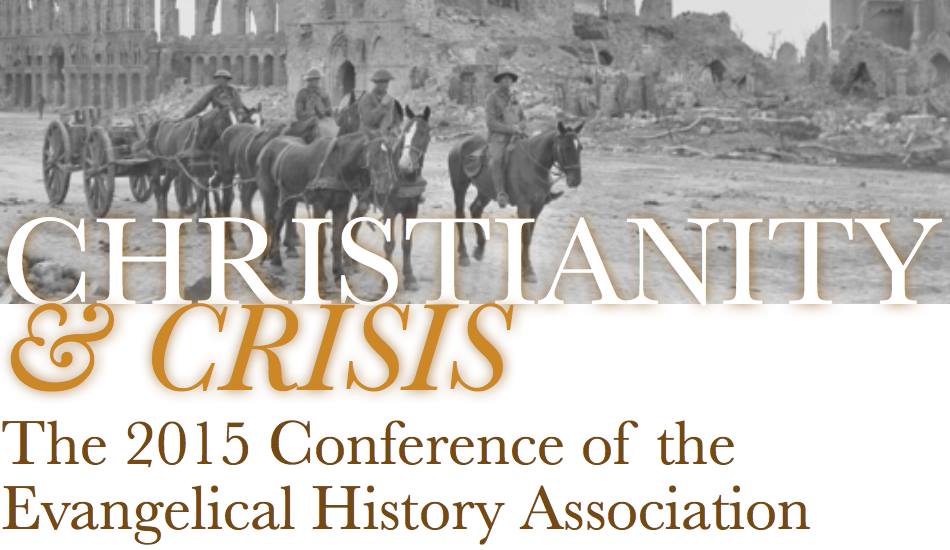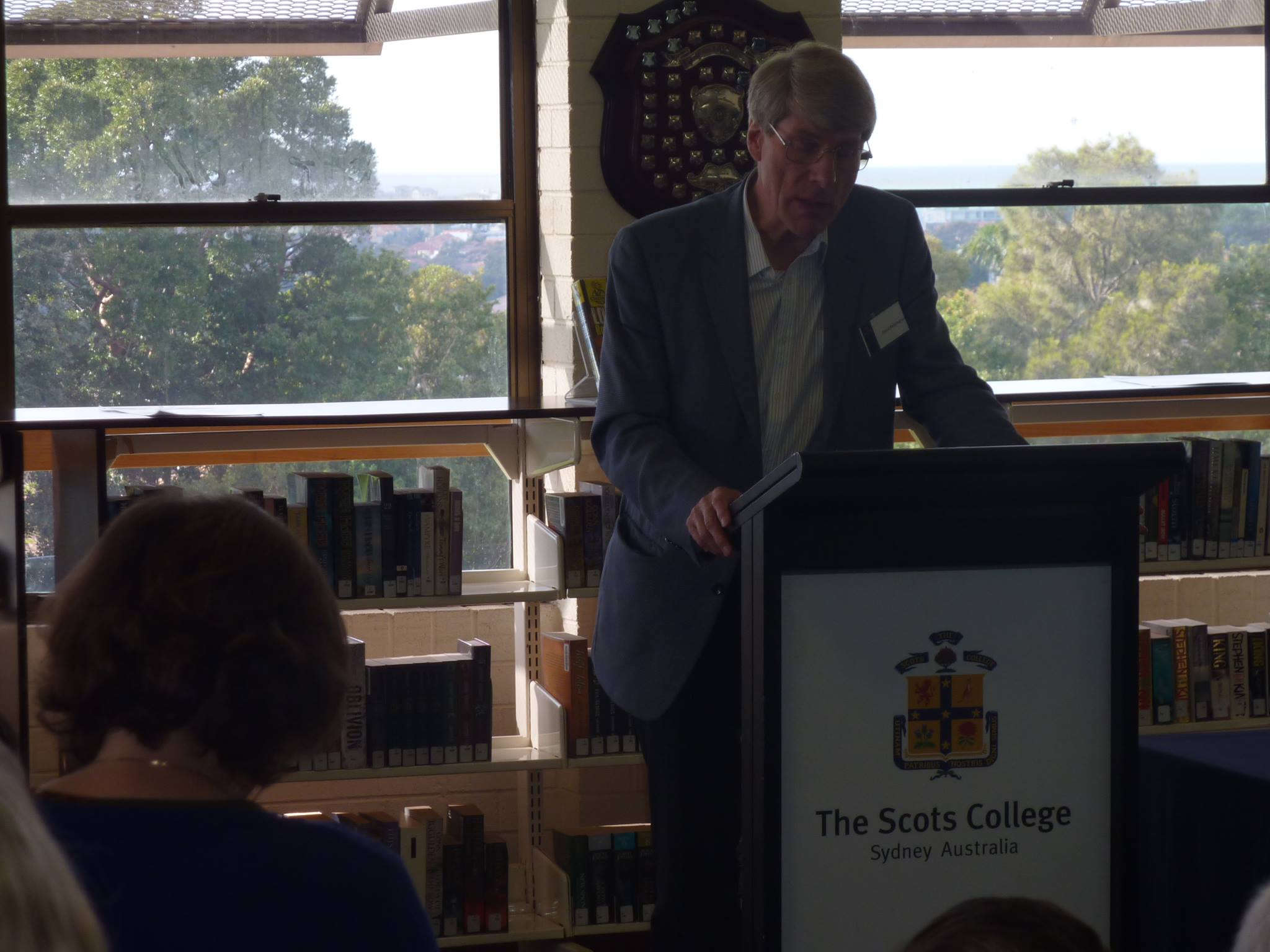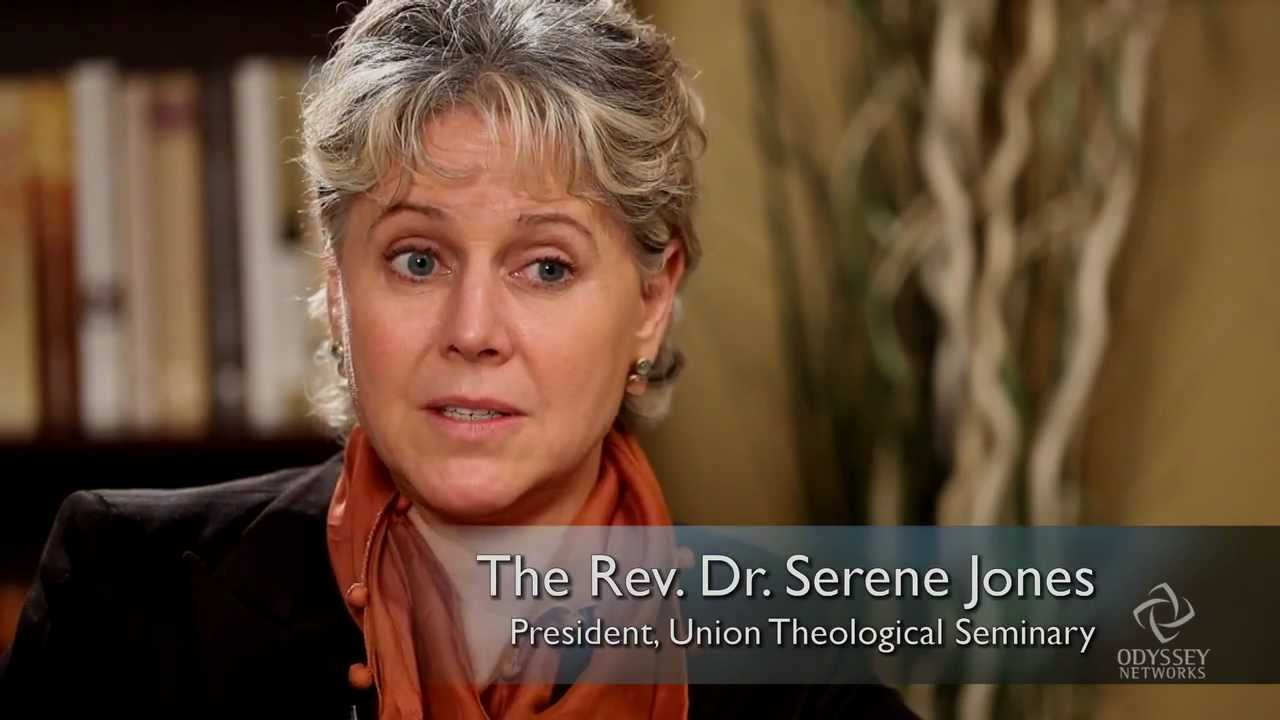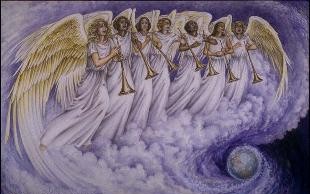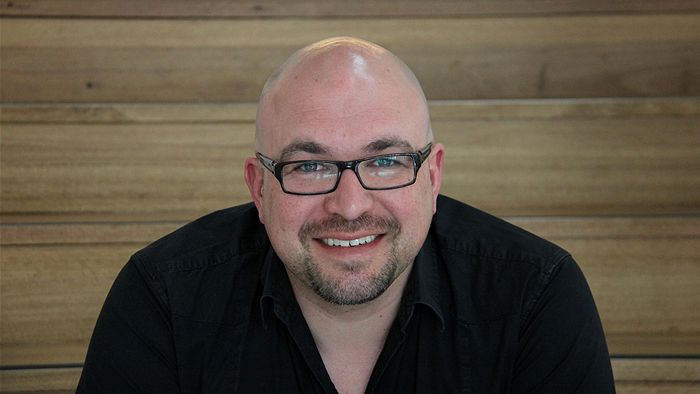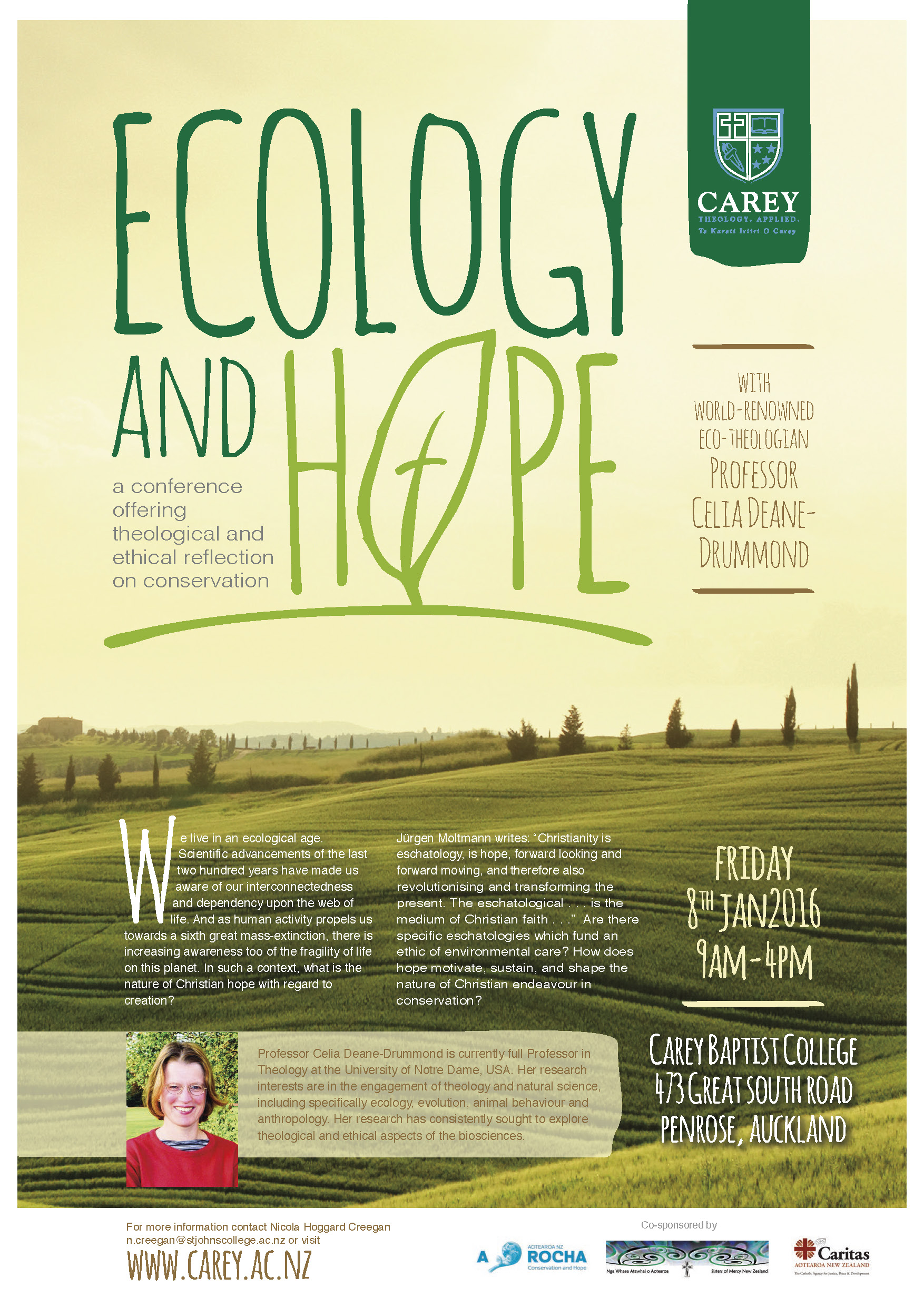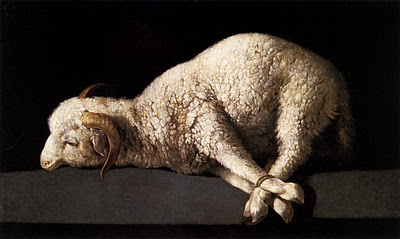 This morning in worship we are singing Blessed Assurance which includes the phrase “washed in his blood.” George Hunsinger has remarked that modern dogmatic theology, where it still speaks of the saving death of Christ, usually does so without reference to the blood of Christ (Hunsinger, “Meditation on the Blood of Christ,” in Disruptive Grace, 361).
This morning in worship we are singing Blessed Assurance which includes the phrase “washed in his blood.” George Hunsinger has remarked that modern dogmatic theology, where it still speaks of the saving death of Christ, usually does so without reference to the blood of Christ (Hunsinger, “Meditation on the Blood of Christ,” in Disruptive Grace, 361).
I was recently challenged on this theme by someone who asked, when speaking of the atoning work of Christ, “must there be blood?” The person was concerned that reference to Jesus’ blood signified a violent atonement and thereby legitimised violence in the world. Given the violence this person has seen in their life and work, their concern is not surprising. Despite their unease, however, I was concerned that this was a bridge too far for those who, like myself, see Scripture as something more than writings reflecting human religious experiences and ideals. Trevor Hart has commented,
Whenever the story which the church tells appears to dovetail neatly and without wrinkles with the stories which human beings like to tell about themselves and their destiny, it is likely that the church is cutting the cloth of its gospel to fit the pattern laid down by the Zeitgeist rather than the heilige Geist” (Hart, in Gunton (Ed), The Cambridge Companion to Christian Doctrine, 191).
I do not think Hart’s critique can be fairly levelled at this person. In some respects the gospel this person is telling is not at all consonant with stories human beings like to tell about themselves. We like stories of heroism, of sacrifice, of power that triumphs, and yes, of victory won, even at the cost of violence. Violence is deeply embedded in human relationships and structures; it seems we are all capable of violence in one way or another, and so this person’s gospel wants to disrupt, challenge and overturn this pattern of human sinfulness.
And yet; I am still concerned that the person is cutting the cloth of their gospel in a way which is not sufficiently attentive to the Holy Spirit’s witness in Scripture. The following verses show that the blood of Christ was a prominent theme in the biblical writers’ understanding of the saving work of Christ on the cross. Indeed, almost every New Testament writer shares this understanding, indicating its pervasive influence in the thought-world and faith of New Testament Christianity.
Mark 14: 23-25
Then he took a cup, and after giving thanks he gave it to them, and all of them drank from it. He said to them, ‘This is my blood of the covenant, which is poured out for many. Truly I tell you, I will never again drink of the fruit of the vine until that day when I drink it new in the kingdom of God.’
Acts 20:28
Keep watch over yourselves and over all the flock, of which the Holy Spirit has made you overseers, to shepherd the church of God that he obtained with the blood of his own Son.
Romans 3:25
Whom God put forward as a sacrifice of atonement by his blood, effective through faith. He did this to show his righteousness, because in his divine forbearance he had passed over the sins previously committed
Romans 5:9
Much more surely then, now that we have been justified by his blood, will we be saved through him from the wrath of God.
Ephesians 1:7
In him we have redemption through his blood, the forgiveness of our trespasses, according to the riches of his grace
Ephesians 2:13
But now in Christ Jesus you who once were far off have been brought near by the blood of Christ.
Colossians 1:20
And through him God was pleased to reconcile to himself all things, whether on earth or in heaven, by making peace through the blood of his cross.
Hebrews 9:12-14
He entered once for all into the Holy Place, not with the blood of goats and calves, but with his own blood, thus obtaining eternal redemption. For if the blood of goats and bulls, with the sprinkling of the ashes of a heifer, sanctifies those who have been defiled so that their flesh is purified, how much more will the blood of Christ, who through the eternal Spirit offered himself without blemish to God, purify our conscience from dead works to worship the living God!
Hebrews 9:21-22
And in the same way he sprinkled with the blood both the tent and all the vessels used in worship. Indeed, under the law almost everything is purified with blood, and without the shedding of blood there is no forgiveness of sins.
Hebrews 13:12
Therefore Jesus also suffered outside the city gate in order to sanctify the people by his own blood.
1 Peter 1:18-19
You know that you were ransomed from the futile ways inherited from your ancestors, not with perishable things like silver or gold, but with the precious blood of Christ, like that of a lamb without defect or blemish.
1 John 1:7
But if we walk in the light as he himself is in the light, we have fellowship with one another, and the blood of Jesus his Son cleanses us from all sin.
Revelation 1:5
And from Jesus Christ, the faithful witness, the firstborn of the dead, and the ruler of the kings of the earth. To him who loves us and freed us from our sins by his blood.
In all these texts and others like them, we see that the blood of Christ functions as a sin-offering on behalf of humanity, and as the institution of a new covenant between God and humanity in Jesus Christ. The answer to my friend’s question must be, on the basis of the New Testament witness, an unqualified “Yes!” The blood of his cross is the basis of our forgiveness and reconciliation with God, and of the new covenant of which we have become heirs. More must be said, of course. Does Jesus’ bloody death implicate God in violence? I will endeavour to address this important question next week.
